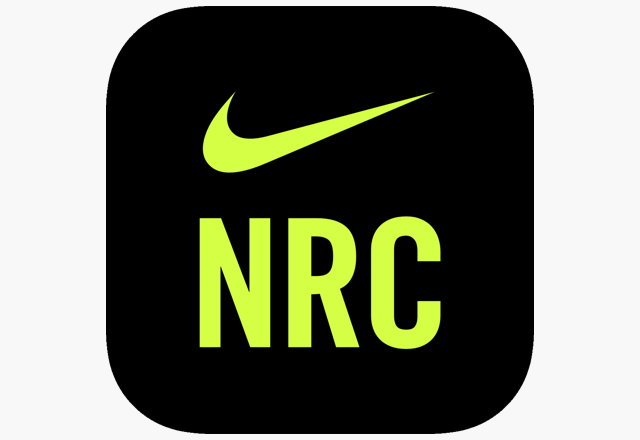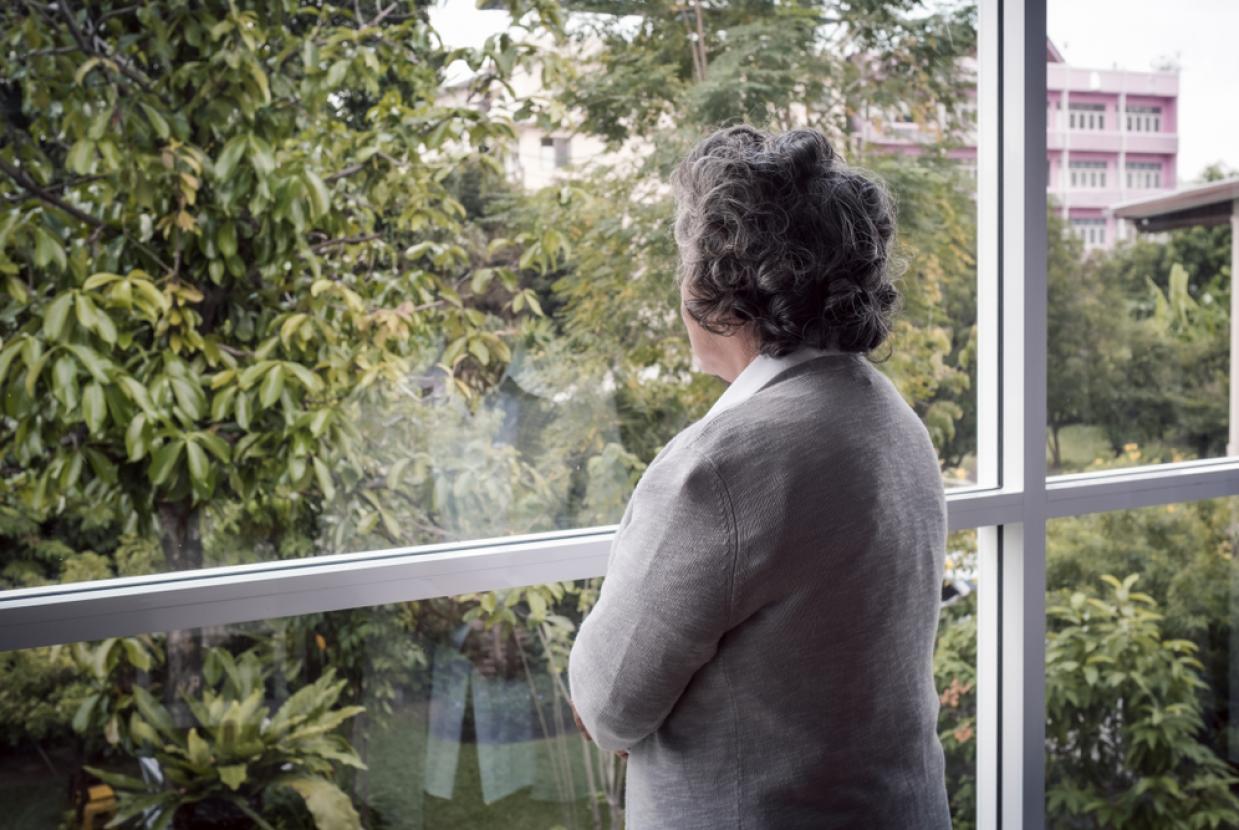Finding Help At Home
There’s a wide range of help available and you may be legally entitled to services to meet your needs. You may need help with personal care, such as getting in and out of bed, washing and bathing, preparing meals, shopping or cleaning.
What kind of support is available?
There’s a wide range of help available and you may be legally entitled to services to meet your needs, although many of these are means-tested. You may also be eligible for home carers or a personal assistant to help you. The kinds of services available to help you stay in your own home include:
- Getting in and out of bed
- Bathing and washing
- Preparing meals
- Cleaning
- Fitting equipment and adaptations to your home, such as stairlifts and bath seats
- Going to a day centre
What's the process?
Arranging care is a complex process that ideally starts with getting an assessment of your care needs by your local health trust. There’s no charge for this and you’re entitled to one regardless of your income and savings.
We have a fuller explanation of the care needs assessment, detailing what it includes and the needs that are then eligible for help from social services. Read full details on the care needs assessment.
Can I arrange my own care?
If you’re assessed as needing community care services you may be able to choose something called direct payments. These are regular payments paid by the health trust directly to you, or a person you trust, and allow you to buy and arrange your own care.
Where should I look for help if I'm arranging care myself
You can get help with things such as cleaning, shopping and personal care through private agencies. These agencies must be registered with the RQIA.
- The UK Home Care Association can give you details of home care providers that follow its code of practice.
- Your local adult social services department should be able to provide you with details of approved private agencies.
- Ask friends or relatives for recommendations.
Employing a carer
If you want to employ a care worker directly, you must draw up a contract of employment so that you are both clear on what is expected. Be aware of financial considerations such as National Insurance contributions.
New pension rules mean that if you employ your own carer using either your own money or money from your Direct Payment, you may now be legally obliged to contribute towards a pension for them.
You may need to take this into account if you decide to hire a carer or carers directly and you pay them more than £768 every four weeks (£10,000 per year). If you use a payroll service they may help you with these new duties.
What should I do next?
Regardless of how you intend to pay for your care and the type you get, it's important to arrange that assessment of needs. Even though getting any money from a local council to pay for care is becoming more difficult, it's a useful assessment to go through.
What it does is put in black and white your situation at a certain time. You can then be reassessed later to see if anything has changed.



































